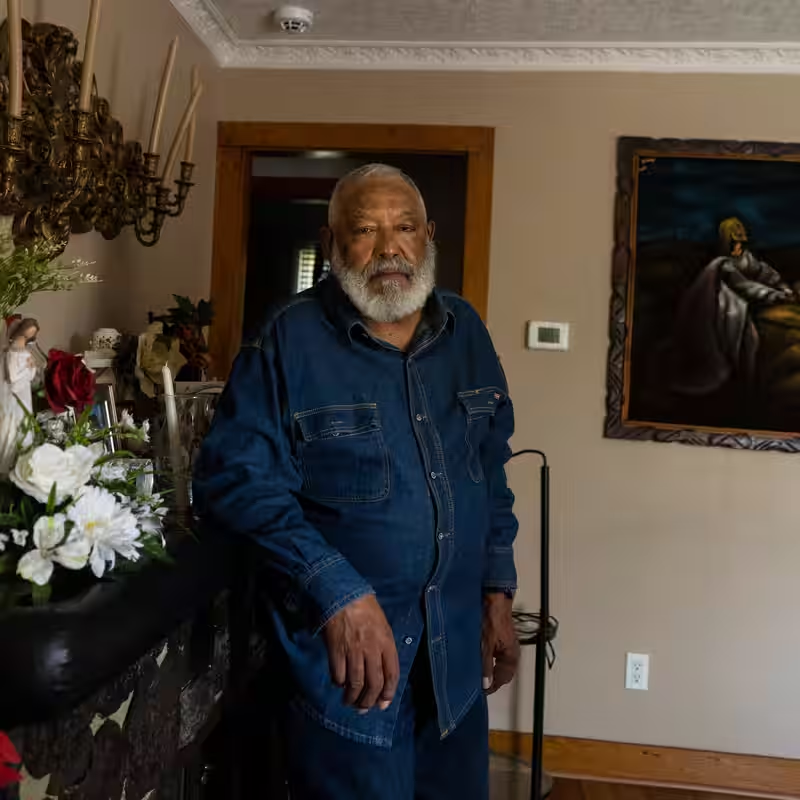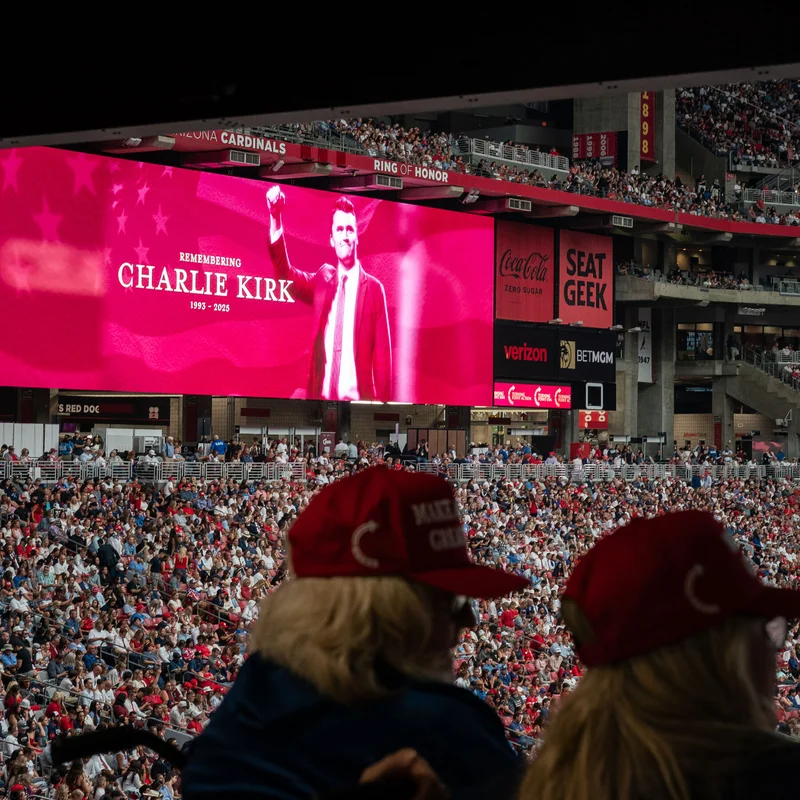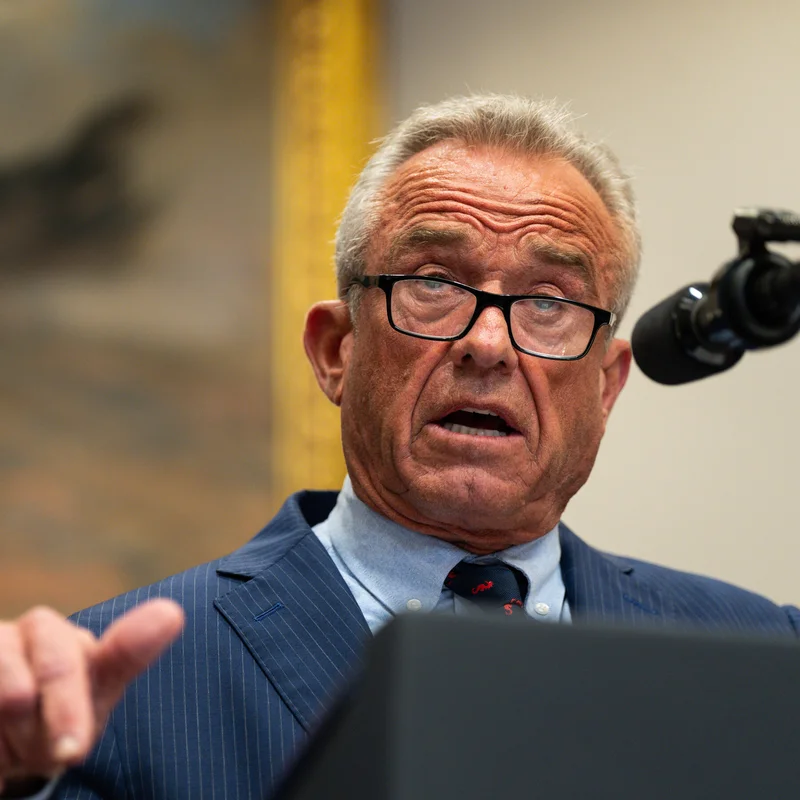For years, President Donald Trump has stood shoulder-to-shoulder with coal miners, hard hat in hand, touting his commitment to reviving America’s coal industry. But now, dozens of those same miners—many struggling to breathe from advanced black lung disease—are accusing his administration of turning its back on them when it matters most.
Black Lung Crisis Deepens as Enforcement Stalls
At the heart of the growing outrage is the Trump administration’s decision to pause enforcement of a critical federal rule limiting miners’ exposure to silica dust—a known carcinogen far more toxic than coal dust. The rule, finalized under the Biden administration, was designed to curb a disturbing resurgence of black lung disease, now striking miners in their 30s and 40s.
“The companies might be getting a handout, but the miners ain’t getting none,” said Gary Hairston, 71, a retired West Virginia miner and president of the National Black Lung Association, who has lived with the disease since his 40s.
Despite promises to protect blue-collar workers, the Trump administration has not defended the silica regulation in court. Instead, it agreed to delay enforcement while industry groups—like the National Mining Association—challenge the rule, citing compliance costs.
Why Silica Dust Is So Dangerous
As thick coal seams in Appalachia have been depleted, miners are forced to cut through more rock to reach remaining deposits. This process releases crystalline silica dust, which is about 20 times more toxic than coal dust. When inhaled, silica particles scar lung tissue, leading to black lung, lung cancer, and kidney disease.
A 2018 study found that over 10% of long-tenured coal miners now suffer from black lung. In parts of Kentucky, Virginia, and West Virginia, that number jumps to nearly 20%.
Trump’s Coal Legacy: Subsidies vs. Safety
The contrast between rhetoric and reality is stark. Since returning to the White House, Trump has:
- Expanded coal mining and burning operations
- Prevented unprofitable coal plants from closing
- Announced $625 million in federal subsidies for coal companies
- Rolled back environmental regulations on coal pollution
Yet, when it comes to enforcing life-saving workplace safety rules, his administration has hit the brakes.
| Policy Area | Trump Administration Action |
|---|---|
| Coal Industry Support | $625M in subsidies; plant closures blocked |
| Environmental Regulation | Multiple rollbacks on emissions and pollution |
| Worker Health Protections | Paused silica dust enforcement; sided with industry in court |
| Miner Advocacy | Photo ops with hard hats; no action on black lung crisis |
Miners Speak Out: “Cast Aside to Die”
On Tuesday, dozens of miners and their families plan to rally outside the U.S. Department of Labor in Washington, D.C.—a rare public rebuke from a group that once cheered Trump’s pro-coal stance.
“Sure, they talk about how much they care about coal,” said Judith Riffe, 80, whose husband Bernard died in March after 40 years in West Virginia mines. “But come down here and look. They’re mining a lot more now… but there’s no benefits for the coal miners coming in.”
She added, voice breaking: “The coal miners have supplied this country with electricity, and now they’re just cast aside to die.”
Industry vs. Worker: A Growing Divide
The National Mining Association claims it supports lower silica levels but argues that mine operators should be allowed to rely more on respirators and personal protective equipment. However, miners’ advocates counter that such gear is often impractical underground—hot, uncomfortable, and ineffective against fine silica particles.
“We need to get this done for the younger generation,” said Andy Martin, 68, a Virginia miner diagnosed with black lung after nearly 50 years underground. “It’s not the coal that’s getting them—it’s the silica.”
Political Fallout
Democrats and labor unions are seizing on the issue, accusing the Trump administration of using miners as political props while ignoring their health.
“The Trump administration was handed tools to protect black lung, and they are doing everything in their power to toss those rules in the trash,” said Jason Walsh of the BlueGreen Alliance.
Senator Tim Kaine (D-VA) called the delay “a real slap in the face for those who work so hard to power our communities.”
As the rally approaches, the message from America’s coalfields is clear: symbolic support isn’t enough. Miners want action—not just applause.




